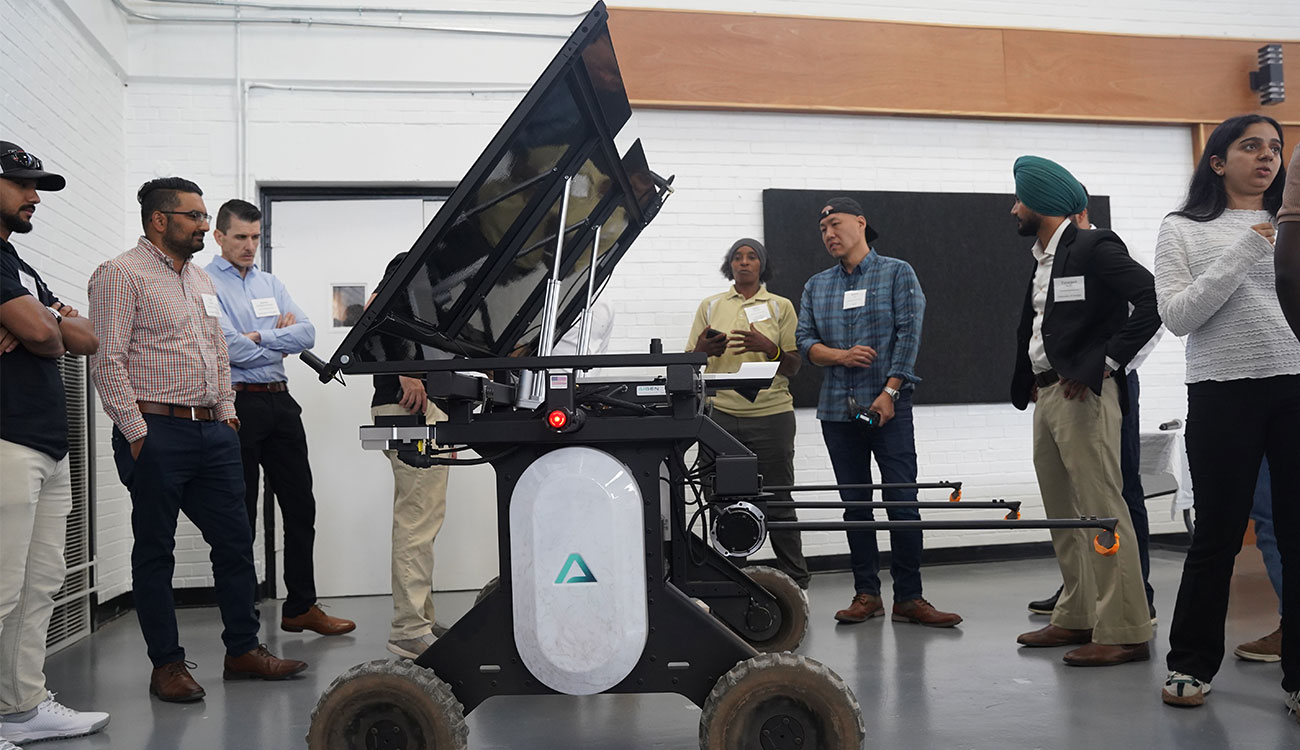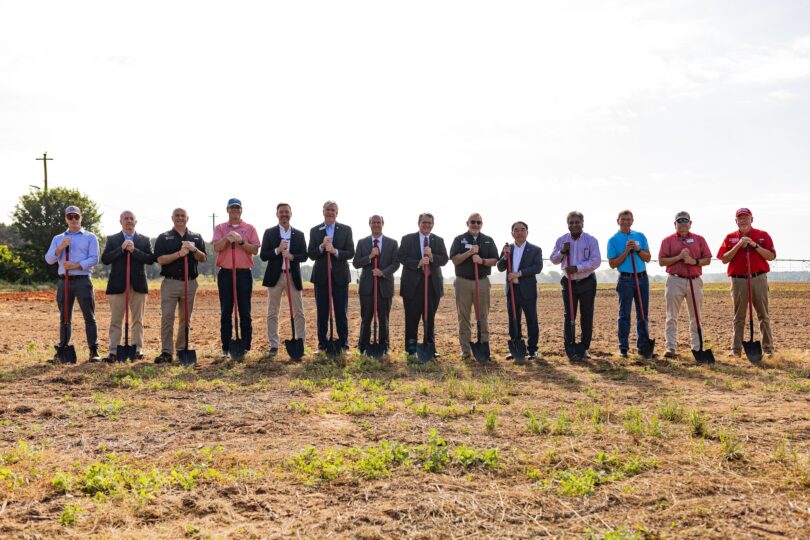By Brad Haire
University of Georgia
“Agriculture has been the foundation of Georgia’s economy,” said EPD Director Carol Couch, “and water is the lifeblood of agriculture.”
Farm water
Couch met with about 30 farmers and University of Georgia researchers at UGA’s C.M. Stripling Irrigation Research Park July 15 in Camilla, Ga. She came to learn about farm water research, usage and management and to listen to area farmers who depend on irrigation for the health of their crops, especially during extended dry spells, like the 1998-2002 drought.Her visit was arranged by State Rep. Richard Royal (D-Camilla). She toured farms and met with farmers in Decatur and Miller counties, too.
“We just want to make sure that we have the opportunity to be a player and have input in however the state decides to manage water,” said Bubba Johnson, farmer and president of the Mitchell County Farm Bureau. “We are thankful she came here and is willing to listen to our concerns.”
Georgia is the 10th most populace state in the U.S. It is the world’s 17th largest economy. But if Georgia is to continue this pattern of growth and economic vitality, water management must be a top priority, she said.
Water plans
Georgia’s General Assembly approved H.B. 237 this year. It charges the EPD to develop a statewide water plan. Stakeholders in each region or watershed in the state will develop a plan for their area. EPD will look at these plans when they develop the statewide plan, Couch said.EPD must have a water plan ready to be considered by the 2007 Georgia General Assembly. The plan will then get an up or down vote in 2008's General Assembly.
Southwest Georgia and metro-Atlanta already lead the rest of the state in water management, she said.
“(Stakeholders) here in the lower Flint basin have been pioneers and a lot of what has been done here will be a lesson for other regions on how to (manage water) right,” she said.
The Stripling irrigation park is a 130-acre farm where UGA College of Agricultural and Environmental Sciences experts test and develop new irrigation equipment and conduct research for major Georgia crops like cotton, peanuts, corn and vegetables.






